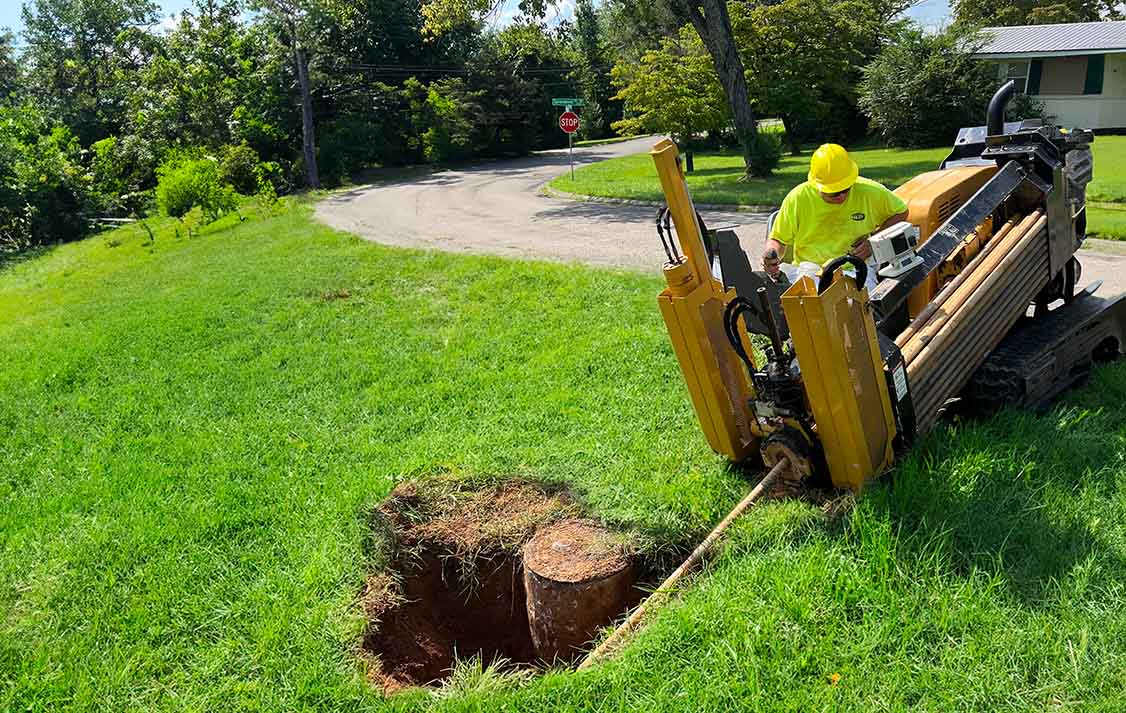

Burst Pipe
Your trusted partner for professional home services. Quality workmanship, guaranteed satisfaction.




- HEP
- Burst Pipe
Burst Pipe | Emergency Plumbing | Plumbing | Hillsboro
When a pipe bursts in your Hillsboro home or storefront, water can travel faster than the speed dial on your phone. HEP’s certified team arrives with state-of-the-art leak detection, rapid-dry equipment, and a truck stocked like a mobile warehouse, so repairs start the moment we step through the door. From frozen copper lines that split overnight to aging PVC that finally gives way, we’ve seen—and fixed—it all.
Our round-the-clock emergency plumbing service is built for true 24/7 responsiveness: no voicemail loops, no “business-hours only” disclaimers. Instead, you get live dispatch, transparent upfront pricing, and technicians who treat your property with the same care they give their own. Save our number now, and when water surprises you later, HEP will be there in a flash to shut it down, clean it up, and make things right.
FAQs
What should I do immediately after discovering a burst pipe in my Hillsboro home?
First, shut off your main water valve—usually located where the water line enters your house or near the water heater—to stop additional water from flooding. Next, turn off electricity in affected areas if water is near outlets or appliances. Open faucets to relieve remaining pressure, and place buckets or towels under active leaks. Then call our 24/7 Hillsboro emergency plumbing line so our technicians can be dispatched right away. While you wait, move valuables out of the wet area and, if possible, start mopping or wet-vacuuming to minimize damage.
How quickly can your emergency plumbers arrive at my Hillsboro location?
We maintain on-call crews stationed throughout Washington County, allowing us to reach most Hillsboro addresses within 60 minutes—often sooner during off-peak traffic times. When you call, our dispatcher will give you a real-time ETA, and you’ll receive text updates as the technician heads your way. Because we stock our vans with common pipe sizes, fittings, and drying equipment, we can start repairs immediately upon arrival.
Will my homeowner’s insurance cover the cost of burst pipe repairs?
In many cases, yes. Most standard homeowners policies cover sudden and accidental water damage from burst pipes, including the cost to access and repair the damaged line and to remediate resulting water damage. They typically do NOT cover the cost to upgrade old piping or damage caused by long-term leaks you ignored. We document the incident with photos, moisture readings, and a detailed invoice that you can submit to your insurer, and we’re happy to speak directly with your adjuster to speed up approval.
How do you locate and repair hidden burst pipes?
If the leak is inside a wall, ceiling, or underground, we use electronic leak detection, thermal imaging cameras, and acoustic listening equipment to pinpoint the exact break without tearing open large sections of your home. Once located, we isolate the damaged segment, cut out the compromised pipe, and install new copper, PEX, or PVC sections using high-quality fittings rated for the existing system. After pressure-testing the repair, we disinfect and dry the area to prevent mold growth and provide a written warranty on workmanship and parts.
Can you help with water-damage cleanup after the pipe is fixed?
Absolutely. Our emergency plumbing service partners with certified water-damage restoration technicians. After stopping the leak and making the plumbing repair, we can set up commercial-grade dehumidifiers, air movers, and moisture meters to dry structural materials. We also offer demolition of unsalvageable drywall, carpet, or insulation, antimicrobial treatments to prevent mold, and complete reconstruction services so your space is restored to pre-loss condition.
What can I do to prevent burst pipes in the future?
1) Insulate exposed pipes in unheated areas such as crawlspaces, attics, and garages with foam sleeves or heat tape. 2) Keep indoor temperatures above 55°F during winter, even when you’re away. 3) Disconnect garden hoses and install frost-proof outdoor spigots. 4) Schedule an annual plumbing inspection to identify corrosion, weak joints, and water-pressure issues (anything above 80 psi increases burst risk). 5) Install a smart leak-detection system that alerts you to unusual water flow and can automatically shut off the main valve. These steps dramatically reduce the likelihood of future pipe failures and water damage.